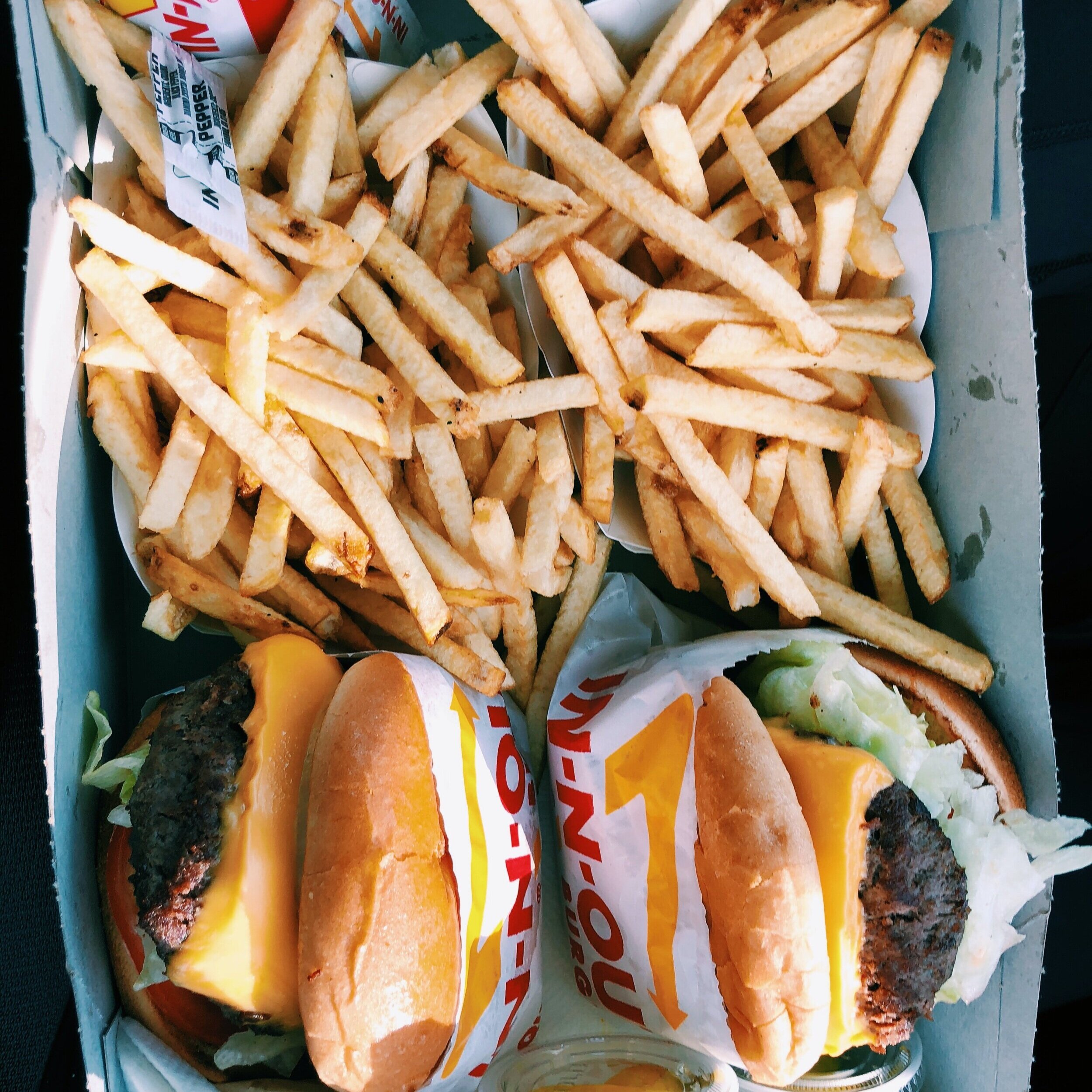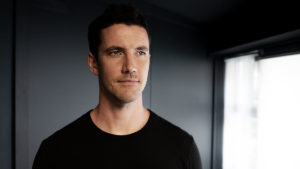Binging and How to reduce it
Are you someone who struggles when it comes to binge eating? Do you find it difficult to impose self-control when it comes to food and drink? All of us eat too much from time to time. But if you regularly overeat while feeling out of control and powerless to stop, you may be suffering from binge eating disorder. Binge eating disorder is a common eating disorder where you frequently eat large amounts of food while feeling powerless to stop and extremely distressed during or after eating. You may even sometimes eat to the point of discomfort, then feel guilty or ashamed after. A lot of us then beat ourselves up for our lack of self-control, or worry about what compulsive eating will do to your body.
FIND BINGE EATING COMFORTING?
You may find that binge eating is comforting for a brief moment, helping to ease unpleasant emotions or feelings of stress, depression, or anxiety. But then reality sets back in and you’re flooded with feelings of regret and self-loathing. Binge eating often leads to weight gain and obesity, which only reinforces compulsive eating. The worse you feel about yourself and your appearance, the more you use food to cope.
We then see it become a vicious cycle: eating to feel better, feeling even worse, and then turning back to food for relief. As powerless as you may feel about your eating disorder, it’s important to know that binge eating disorder is treatable and there are ways we can reduce it and even stop it completely. You can learn to break the binge eating cycle, better manage your emotions, develop a healthier relationship with food, and regain control over your eating and your health.
When fat loss is our goal, binge eating can be a huge obstacle when it comes to making progress. So it’s extremely important that we are capable of controlling it and reducing it as much as we possibly can. Binge eating also leads to a wide variety of physical, emotional, and social problems. You can also experience depression, anxiety, as well as substantial weight gain.
SO, HOW DO WE STOP IT?
So, how do we reduce it and develop habits that can eradicate it completely? The true key to reduce binge eating is to identify the origins of the over-consumption. I believe a lot of us experienced restrictive childhoods. We were constantly told not to do something, told not to eat something and it instilled a desire within us to break free of this restrictive lifestyle. So, when we grow up we search for that escape and more independence. One of the ways we break free from these restrictions is over consuming food and drink. We don’t have anybody restricting us anymore, so we can spiral out of control when it comes to our consumption. We spend a lot of time trying to break free from these restrictions, whether that be financial, personal or emotional
Here at TH training, we have three strategies that help our clients reduce binging. By using these three strategies we’ve seen our clients break free from the cycle of binge eating and make significant progress towards their goals. When we introduce these strategies to our clients, they feel as though a weight has just been lifted off them.
1.
IT’S NOT OUR FAULT
 Firstly, we need to realise that it is not our fault. Our over consumption was a natural rebound to what has happened. We were restricted to such an extent, that now all we want to do is let loose and consume. There is also a massive psychological factor. Depression and binge eating are strongly linked. Many binge eaters are either depressed or have been before; others may have trouble with impulse control and managing and expressing their feelings. Low self-esteem and a negative body image may also contribute to binge eating. These problems can’t be eradicated overnight and we can’t always blame ourselves. Sometimes life does get in the way and there’s not much we can do. However, we should always focus on what we can control and sometimes, this is very much within our control. We just need to identify when we do have control or when we can take control of a situation. Remember, if you’re serious about this, it’s important to monitor consistently until you’ve regained control of your eating.
Firstly, we need to realise that it is not our fault. Our over consumption was a natural rebound to what has happened. We were restricted to such an extent, that now all we want to do is let loose and consume. There is also a massive psychological factor. Depression and binge eating are strongly linked. Many binge eaters are either depressed or have been before; others may have trouble with impulse control and managing and expressing their feelings. Low self-esteem and a negative body image may also contribute to binge eating. These problems can’t be eradicated overnight and we can’t always blame ourselves. Sometimes life does get in the way and there’s not much we can do. However, we should always focus on what we can control and sometimes, this is very much within our control. We just need to identify when we do have control or when we can take control of a situation. Remember, if you’re serious about this, it’s important to monitor consistently until you’ve regained control of your eating.2.
IT’S RESTRICTING US FOR THE FUTURE
 The second step in reducing binging, is realising that our over-consumption is restricting us for the future. We’ve escaped one form of restriction, only to ironically restrict ourselves once again. The person we want to be, the goals we want to achieve, it’s all being restricted by our unhealthy eating habits. Binge eating is simply preventing us from what we want to achieve when it comes to our health and fitness. We need to completely understand the consequences surrounding binging and comprehend the damage it does. By coming to terms with this fact, we then prepare ourselves to take the next step. The step that requires action. An action that allows us to finally eliminate this bad habit. We can’t take the appropriate action unless we know exactly why we should take this action. We need to examine our problem and figure out how we resolve the issue.
The second step in reducing binging, is realising that our over-consumption is restricting us for the future. We’ve escaped one form of restriction, only to ironically restrict ourselves once again. The person we want to be, the goals we want to achieve, it’s all being restricted by our unhealthy eating habits. Binge eating is simply preventing us from what we want to achieve when it comes to our health and fitness. We need to completely understand the consequences surrounding binging and comprehend the damage it does. By coming to terms with this fact, we then prepare ourselves to take the next step. The step that requires action. An action that allows us to finally eliminate this bad habit. We can’t take the appropriate action unless we know exactly why we should take this action. We need to examine our problem and figure out how we resolve the issue.3.
IT WILL TAKE TIME
 Lastly, we need to understand that this is going to take time. It’s simply too difficult to eliminate binging immediately. We need to take it step by step. A significant change like this simply cannot be done overnight. We need to realise that it will take an investment of time and will require us to be consistent. It will take small behaviour adjustments. It will require us to be more aware of our bodies, our origins and our nutrition in general. If we can wake up every day doing even 1% better than we were yesterday. We are still working towards that person we want to be and the life we want to have.
Lastly, we need to understand that this is going to take time. It’s simply too difficult to eliminate binging immediately. We need to take it step by step. A significant change like this simply cannot be done overnight. We need to realise that it will take an investment of time and will require us to be consistent. It will take small behaviour adjustments. It will require us to be more aware of our bodies, our origins and our nutrition in general. If we can wake up every day doing even 1% better than we were yesterday. We are still working towards that person we want to be and the life we want to have. Ultimately, if you identify the origins of your binge eating, come to terms with how it’s restricting us and then patiently, step by step making the changes we need to, we can prevent binge eating completely. Ultimately, when we realise that binging is restricting our future
It significantly helps us take the necessary steps to reduce it.





